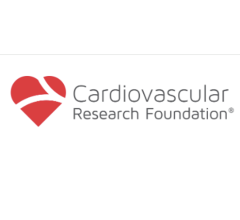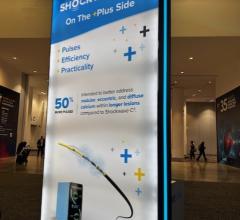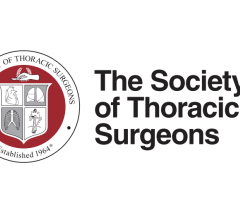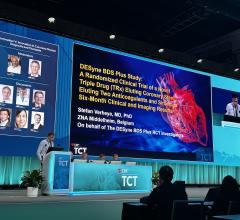
November 12, 2021 — Penumbra Inc. announced that the CHEETAH clinical study of its Indigo System CAT RX Catheter successfully met the primary endpoint and demonstrated high rates of blood clot removal, blood flow restoration and myocardial perfusion in conjunction with percutaneous coronary intervention (PCI) in patients with high thrombus burden. The results were presented at the 2021 Transcatheter Cardiovascular Therapeutics (TCT) conference in Orlando.
“These results are very promising as they demonstrate the significant benefits and safety of continuous powered aspiration thrombectomy for those patients with high thrombus burden, which can often be life-threatening,” said National Principal Investigator S. Jay Mathews, M.D., M.S., director, cardiac catheterization laboratory, Manatee Memorial Hospital in Bradenton, Fla. “After only one pass with Penumbra’s CAT RX, we were pleased to see restoration of blood flow and perfusion when used upfront in acute coronary syndrome interventions.”
The CHEETAH clinical study enrolled 400 patients with high thrombus burden who were treated with continuous mechanical aspiration thrombectomy with CAT RX prior to PCI. Notable findings include:
Significant reduction in Thrombolysis in Myocardial Infarction (TIMI) thrombus grade: 99.5% of patients achieved TIMI thrombus grade 0 after CAT RX and PCI.
Improved TIMI flow grade: 97.5% of patients TIMI flow grade 3 after CAT RX and PCI. TIMI 2-3 increased significantly from 16.6% at baseline to 85% after CAT RX alone.
Enhanced myocardial blush grade (MBG): 99.8% of patients achieved MBG 3 after CAT RX and PCI.
No device-related serious adverse events occurred.
As part of the Indigo Aspiration System, the Indigo CAT RX Aspiration Catheters and Indigo Separator 4 are indicated for the removal of fresh, soft emboli and thrombi from vessels in the coronary and peripheral vasculature.
“This is the first large study to demonstrate the significant benefits of continuous aspiration,” said Sahil Parikh, M.D., associate professor of medicine at Columbia University Irving Medical Center in New York. “Such immediate and robust reperfusion with CAT RX is encouraging as physicians are in a race against time to safely restore blood flow in heart attack patients. The CHEETAH study suggests that CAT RX power aspiration is both safe and effective in a high-risk coronary patient population. This data highlights the importance of innovation in technology and hopefully will lead to further improvements in meaningful clinical outcomes for our patients.”
In the study, the CAT RX procedure took about 69 seconds to complete. It enhanced visualization of target lesions by approximately 95% and had low rates of distal embolization.
“The CHEETAH study highlights the safety and performance of CAT RX for removing blood clots in the coronary arteries and restoring blood flow in a short period of time,” said James F. Benenati, M.D., FSIR, chief medical officer at Penumbra. “The findings suggest that continuous aspiration should be a key consideration given that removing the blood clots improves perfusion to the heart and also allows for more precise visualization of coronary lesions potentially leading to improving patient outcomes.”
About the CHEETAH Study
The CHEETAH study, a prospective, single-arm, multicenter study of continuous mechanical aspiration thrombectomy with CAT RX prior to PCI, evaluated 400 patients at 25 centers in the U.S. Adults presenting within 12 hours of symptom onset, with target lesions located in a native coronary artery and high thrombus burden were eligible for enrollment. The primary endpoint was a composite MACE of cardiovascular death, recurrent myocardial infarction, cardiogenic shock or new or worsening NYHA Class IV heart failure within 30 days. Key secondary endpoints included Core Lab adjudicated final TIMI flow and thrombus grade, MBG, distal embolization rate, incidence of device related serious adverse events (SAEs) and stroke within 30 days. All safety events were independently adjudicated.
For more information: www.penumbrainc.com

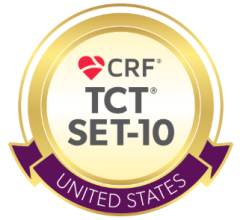
 October 31, 2025
October 31, 2025 

